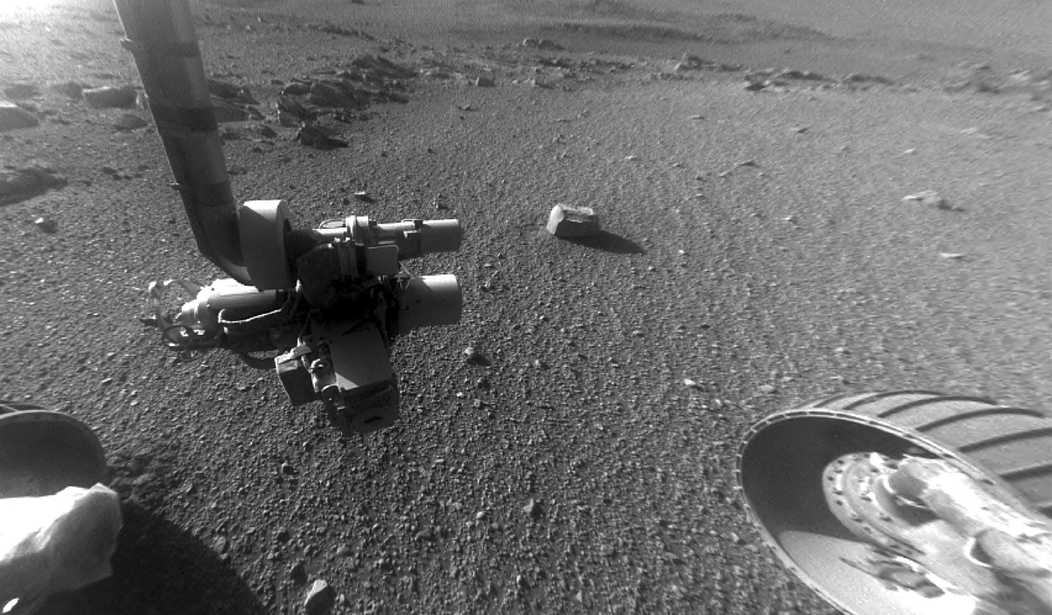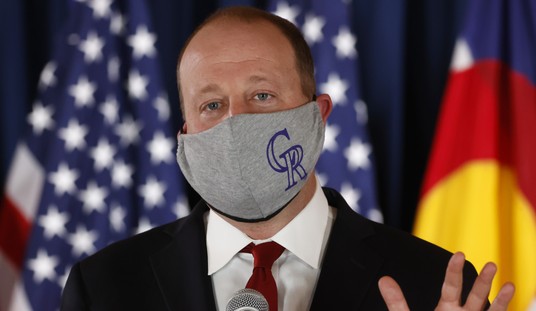The arrival of the Perseverance rover on Mars, along with its miniature helicopter, has brought space travel back into popularity in the news. At the same time, we recently sent another batch of astronauts to the International Space Station on one of Elon Musk’s Crew Dragon rockets. The confluence of these events seems to have sparked some renewed interest in plans for a potential mission to send human beings to the red planet, a goal that Musk has frequently claimed he will accomplish in this decade. So would such a journey be safe? Well, if you ask the SpaceX CEO, safety might not be the top item on their priority list. In fact, assuming they find the volunteers to go, Musk told reporters this week that “a bunch of people” will probably not survive. (Autoevolution)
There’s been a lot of talk about how SpaceX will be sending the first manned mission to Mars by 2025, or 2026 at the latest, and how this would pave the way to colonizing the planet. Humanity needs to become a multi-planetary species, CEO Elon Musk believes, but it will come at a cost.
That cost will be the loss of human life above everything else. Not that this should surprise anyone, but these missions will be high on danger because of the length of the journey, the harsh and unknown environment, the radiation, and the impact extended isolation will have on the psyche. Death is an ever-present possibility.
Or, as Musk himself says in a recent chat with Peter Diamandis, founder of the X Prize Foundation, “a bunch of people will probably die in the beginning.” The chat took place on April 22, which was Earth Day, and focused mostly on what man needs to do to cut down on carbon emissions before it’s too late. Musk took part in it because of his vested interest in the topic, and he discussed the Mars missions only in reference to how rockets have very high carbon footprints.
I’ll confess that I really never gave much thought to the carbon footprint of rockets and I probably won’t after this. While some components of Musk’s rockets use liquid oxygen (which is pretty much the opposite of fossil fuels), the primary boosters use a type of rocket-grade kerosene known as RP-1. So yes, that’s going to produce a significant carbon load, but given the number of launches there are every year, I’m guessing that it’s not even a measurable amount when compared to all of the gas-powered vehicles and jets that operate on a daily basis.
Getting back to the original subject, is there any sort of moral imperative involved in sending astronauts into space and ensuring at least a very high likelihood of bringing them back home alive? This is a subject I’ve gone back and forth on over the years. Given how much we’re able to accomplish using robotic technology, there’s an argument to be made that manned space travel isn’t worth the risk. But as we’ve seen repeatedly, there are still limits to what our robots can accomplish. And there will always be unexpected situations arising where the quick thinking and adaptability of an astronaut will make possible many unanticipated successes that AI wouldn’t be able to match.
The downside to this is that humans are pretty fragile creatures once you take them out of the atmosphere where we evolved. Keeping astronauts alive in space or on Mars requires life-sustaining technology that simply cannot fail or that person’s life expectancy will instantly drop to minutes, if not seconds. Grueling testing by NASA over the years has shown us what the long-term effects of space travel are on the human body. Radiation levels and even prolonged periods of weightlessness can take a terrible toll on the body. A trip to Mars could take months to even reach the planet under the best of circumstances and the conditions on the red planet aren’t much better than being in the vacuum of space in terms of survivability.
But as Musk said himself during the interview, “SpaceX is not forcing anyone” to go. There are people literally lining up and preparing to pay millions of dollars to take that chance. We lost a number of astronauts during the era of the space shuttles and there was still a massive waiting list of people hoping to take their place. I suppose it all comes down to that percentage of the population with “the right stuff” in the end. So who are we to tell them that it’s too risky and they shouldn’t try?
In closing, just to put this in perspective, do you remember that crazy start-up project called Mars One a few years back? They claimed to have a plan whereby they would crowdsource the funding for a manned mission to establish a colony on Mars. They were charging a large sum of money for anyone who wanted to sign up to go. And they told them in advance that there would be no way to return to Earth, so all of them were going to die there sooner or later, assuming they made the trip in one piece to begin with. Nearly 3,000 people ponied up the cash and signed on. I somehow doubt that Elon Musk will have any shortage of people willing to bet their life on his technology.








Join the conversation as a VIP Member